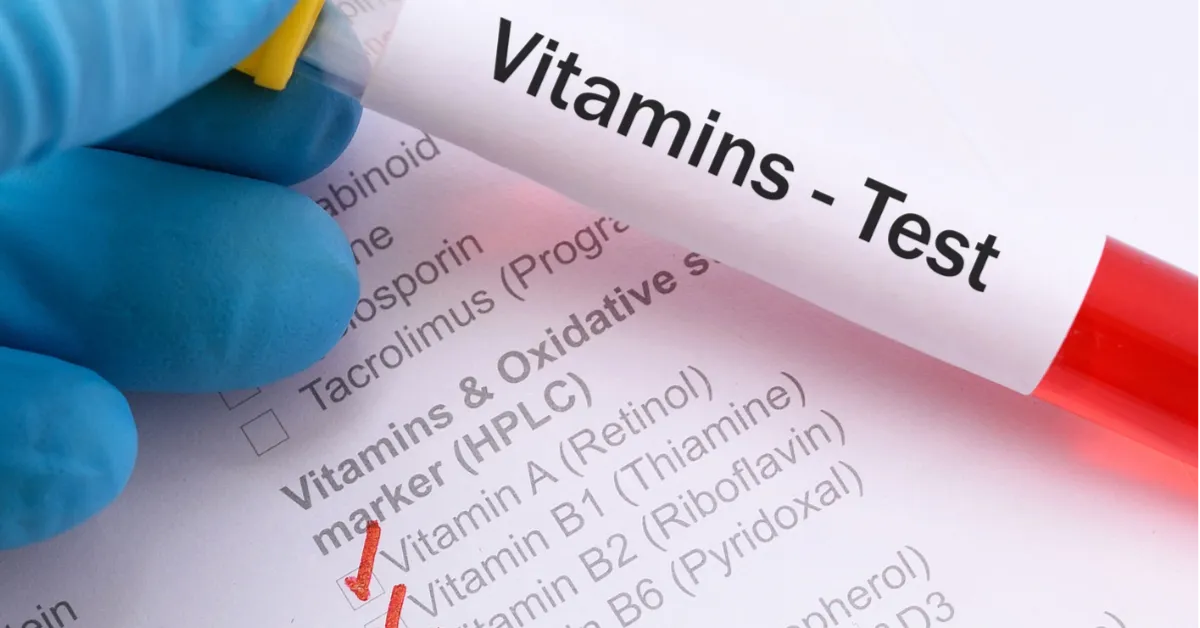FDA BAM Vitamin K Testing in Leafy Vegetables
The Food and Drug Administration (FDA) Bacteriological Analytical Manual (BAM) method is a recognized standard for analyzing vitamins in food products, including leafy vegetables. This service focuses on the testing of vitamin K content specifically using FDA BAM procedures. Vitamin K plays a crucial role in blood clotting and bone health; therefore, accurate measurement ensures compliance with dietary requirements and safety standards.
Leafy green vegetables such as spinach, kale, and collard greens are rich sources of vitamin K. However, the bioavailability and form of vitamin K can vary significantly depending on factors like soil type, fertilizer use, processing methods, and storage conditions. FDA BAM testing helps manufacturers and quality managers ensure that their products meet regulatory requirements for safety and nutritional value.
The FDA BAM method involves several steps to extract, purify, and quantify vitamin K from leafy vegetables. This process requires precise handling of samples to avoid contamination and degradation. The standard protocol includes:
- Sample collection: Fresh or processed leafy vegetables
- Preliminary processing: Washing and chopping the samples
- Extraction: Using solvents like ethanol or methanol
- Cleanup: Filtration and evaporation to concentrate the vitamin K
- Detection: High-performance liquid chromatography (HPLC) with fluorescence detection for accurate quantification
The acceptance criteria under FDA BAM are stringent, ensuring that results are reliable and repeatable. The method is validated against international standards such as ISO 16149-7, which specifies the analysis of vitamins in plant foods.
For quality managers and compliance officers, FDA BAM testing ensures that leafy vegetable products meet safety and nutritional guidelines set by regulatory bodies like the FDA. This service supports R&D engineers in developing new formulations or improving existing processes to enhance vitamin K content while maintaining product integrity.
In the context of procurement, accurate vitamin K testing is crucial for sourcing high-quality raw materials from reliable suppliers. By partnering with a laboratory that offers FDA BAM testing services, companies can ensure consistent quality across their supply chain.
Scope and Methodology
The scope of FDA BAM Vitamin K Testing in Leafy Vegetables includes the following:
- Testing for vitamin K1 (phylloquinone) and vitamin K2 (menaquinones)
- Detection limits: Detection of
- Sample types: Fresh, frozen, or processed leafy vegetables
The methodology involves:
- Preparation of the sample: Thorough washing and chopping to ensure uniformity.
- Extraction: Using ethanol or methanol in a ratio of 10 mL/gram of sample for 30 minutes at room temperature.
- Cleanup: Filtration through a 0.45 µm filter followed by evaporation under nitrogen gas to concentrate the vitamin K.
- Detection: HPLC with fluorescence detection using a wavelength of 260 nm and an excitation wavelength of 310 nm.
The FDA BAM method is validated against ISO 16149-7, ensuring accuracy and reliability. The standard provides detailed procedural guidelines to minimize variability in results.
Our laboratory adheres strictly to these procedures to ensure consistent and accurate results. Compliance with international standards ensures that our testing aligns with global quality and safety benchmarks.
Benefits
The benefits of FDA BAM Vitamin K Testing in Leafy Vegetables are manifold:
- Regulatory compliance: Ensures adherence to FDA and international standards for food safety and nutritional content.
- Quality assurance: Provides reliable data on vitamin K content, supporting the development of consistent product quality.
- R&D support: Assists in optimizing production processes to enhance vitamin K levels in leafy vegetables.
- Supplier evaluation: Enables procurement teams to source high-quality raw materials from trusted suppliers.
- Consumer trust: Demonstrates commitment to producing safe and nutritious food products, building consumer confidence.
- Data-driven decision-making: Provides actionable insights for quality managers and R&D engineers in refining product formulations.
The accurate measurement of vitamin K content is crucial for maintaining the nutritional profile of leafy vegetables. This service supports companies in achieving their goals of producing safe, high-quality products that meet regulatory requirements and consumer expectations.
Eurolab Advantages
At Eurolab, we pride ourselves on offering unparalleled expertise in FDA BAM Vitamin K Testing in Leafy Vegetables. Our advantages include:
- Experienced professionals: Skilled analysts with extensive experience in food and feed testing.
- Advanced equipment: State-of-the-art HPLC systems for precise vitamin K quantification.
- Comprehensive support: Tailored solutions to meet the specific needs of our clients.
- Accurate results: Rigorous adherence to international standards ensures reliable and repeatable results.
- Expert advice: Our consultants provide guidance on optimizing production processes for vitamin K content.
- Swift turnaround: Efficient processing times without compromising accuracy or quality.
We take pride in our commitment to excellence, ensuring that every test conducted meets the highest standards of precision and reliability. Partnering with Eurolab guarantees access to cutting-edge technology and expert knowledge in vitamin K testing.





